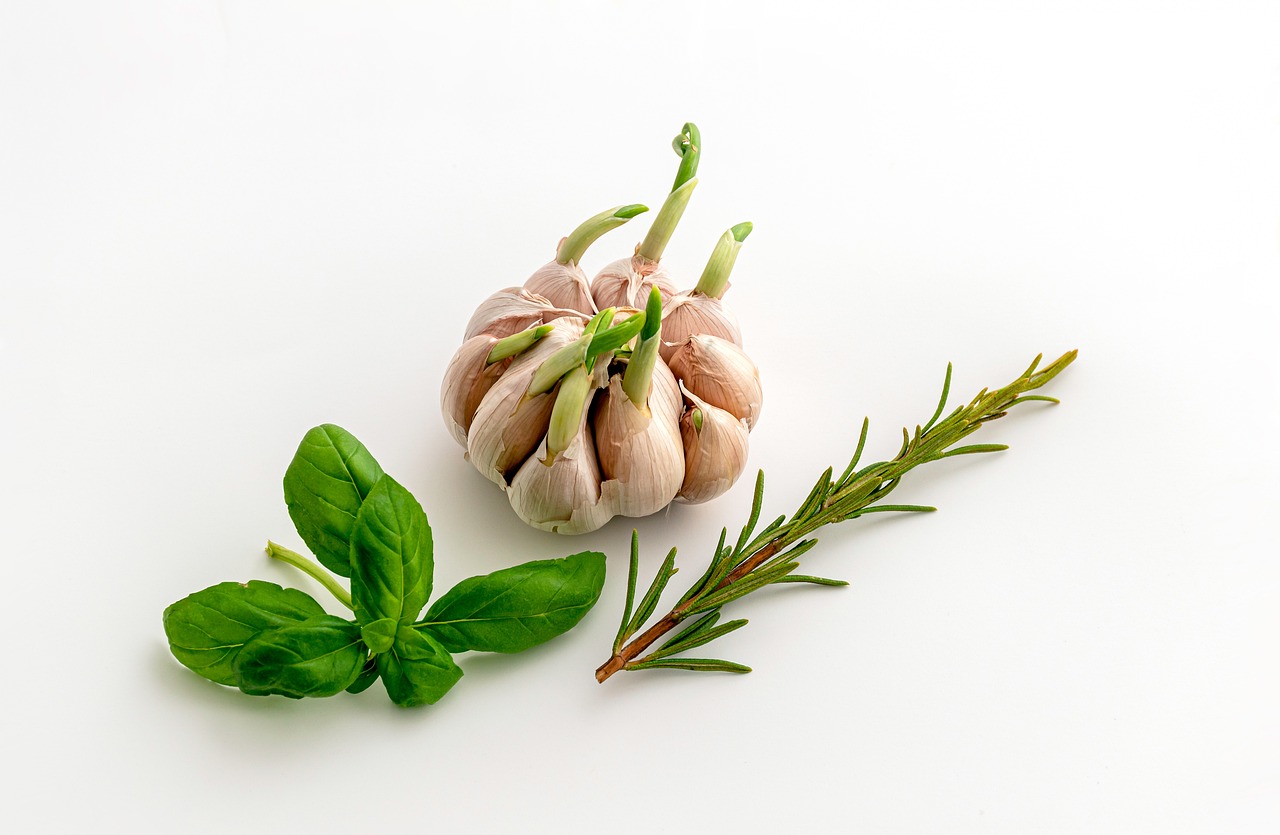The Impact of Cultural Beliefs on Healthcare Decision-Making
Cultural perspectives on health vary greatly across different societies and communities. Health is often not simply viewed as the absence of disease but as a holistic state encompassing physical, mental, and emotional well-being. These perspectives are deeply rooted in cultural beliefs, traditions, and practices that shape individuals’ attitudes towards illness and treatment.
One’s cultural background can significantly influence their health-seeking behaviors, perceptions of illness, and treatment preferences. Factors such as beliefs in traditional healing methods, attitudes towards modern medicine, and family dynamics all play a role in how individuals perceive and manage their health. It is crucial for healthcare providers to recognize and respect these cultural differences to effectively engage with patients and promote better health outcomes.
Influence of Religion on Health Choices
Religion plays a significant role in shaping individuals’ health choices and behaviors. For many people, their beliefs and religious teachings influence decisions related to their physical well-being, from dietary restrictions to seeking out specific forms of treatment. This connection between religion and health choices is deeply rooted in cultural values and can vary greatly depending on the individual’s religious background.
In some religious traditions, the idea of holistic health is prevalent, emphasizing the interconnectedness of the mind, body, and spirit. As a result, adherents may prioritize spiritual practices, such as prayer or meditation, alongside conventional medical treatments. Additionally, certain religious texts or teachings may provide guidelines on health behaviors, influencing decisions regarding exercise, hygiene, or preventive care. The intersection of religion and health choices highlights the complex interplay between one’s belief system and their overall well-being.
• In some religious traditions, dietary restrictions are common, such as avoiding certain types of meat or consuming specific foods during religious holidays.
• Some religions promote practices like fasting or abstaining from alcohol and tobacco as a way to purify the body and strengthen spiritual connections.
• The belief in the power of prayer for healing can lead individuals to rely on faith-based interventions in addition to seeking medical treatment.
• Religious communities may offer support networks for individuals facing health challenges, providing emotional and spiritual guidance during difficult times.
Traditional Healing Practices and Modern Medicine
Traditional healing practices have been deeply rooted in many cultures for generations. These traditional methods often incorporate herbal remedies, spiritual rituals, and community support systems. While modern medicine is backed by scientific research and evidence-based practices, traditional healing approaches focus on holistic well-being and often consider the interconnectedness of mind, body, and spirit.
In some cultures, there is a sense of comfort and familiarity in turning to traditional healing practices before or alongside modern medical interventions. The integration of traditional healing practices with modern medicine has the potential to offer patients a more comprehensive approach to health and healing. It is essential to acknowledge and respect the cultural beliefs and practices surrounding traditional healing while also recognizing the advancements and benefits that modern medicine can provide.
How do cultural perspectives influence health choices?
Cultural perspectives shape beliefs about health and influence decisions on treatment options, healthcare practices, and the types of healing rituals or remedies that are chosen.
What role does religion play in health choices?
Religion can play a significant role in health choices, as individuals may seek guidance from religious leaders or incorporate spiritual practices into their healing journey.
How do traditional healing practices differ from modern medicine?
Traditional healing practices often involve natural remedies, rituals, and spiritual elements, while modern medicine relies on scientific evidence, technology, and pharmaceutical interventions.
Can traditional healing practices and modern medicine work together?
Yes, traditional healing practices and modern medicine can complement each other. Integrative approaches that combine the strengths of both can provide holistic care for individuals seeking healing.
Are traditional healing practices still relevant in today’s world?
Yes, traditional healing practices continue to be relevant as many individuals value cultural traditions, holistic approaches to health, and alternative remedies for various health conditions.







